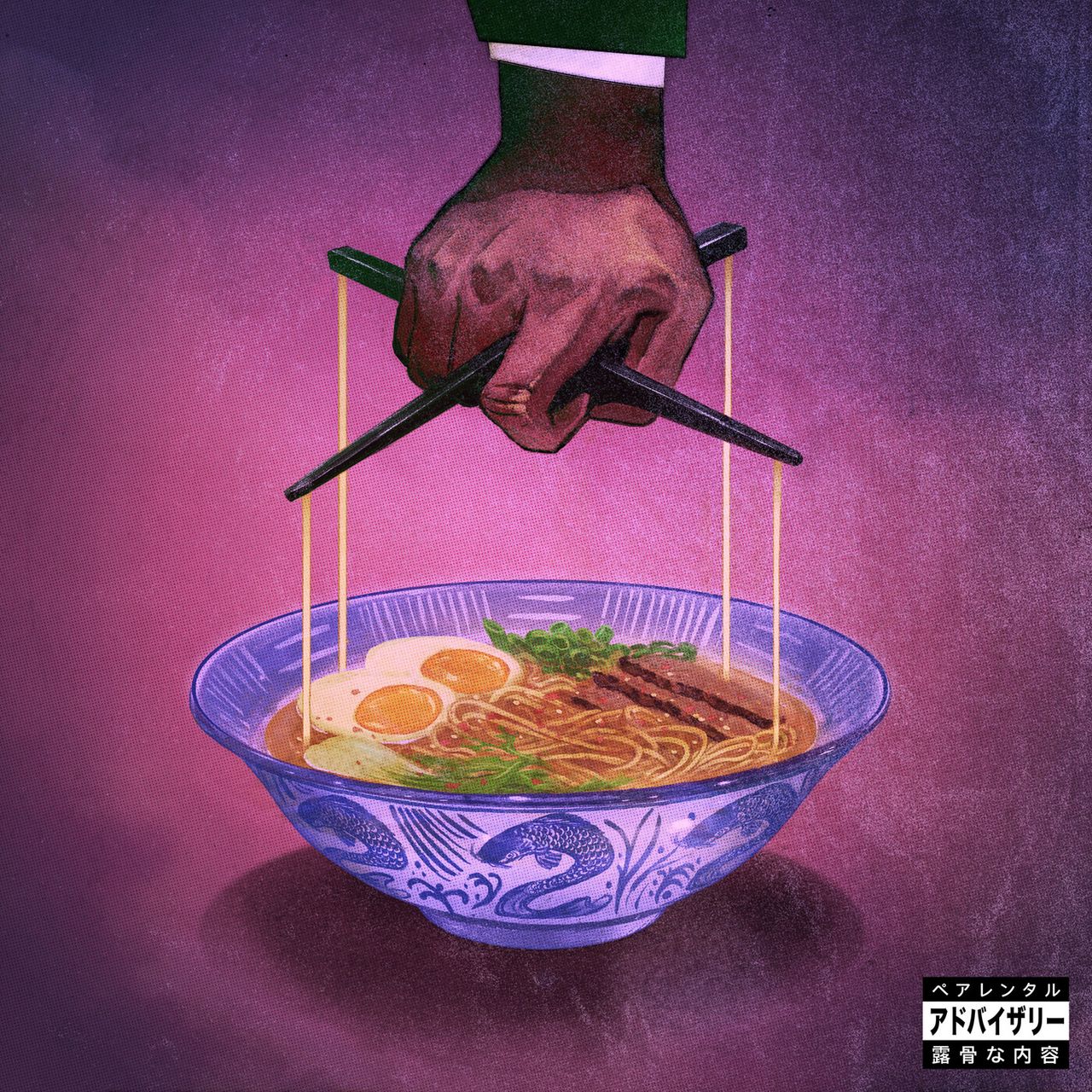When it became clear, sometime in the middle of 2009, that Freddie Gibbs was inevitable, he was still bridging allegedly separate worlds. The Gary, Indiana, native’s pair of acclaimed mixtapes from that year, The Miseducation of Freddie Gibbs and Midwestgangstaboxframecadillacmuzik, are among the most exemplary documents of the constant exchange between rap scenes in the Midwest and the South; his runaway popularity on mixtape sites and blogs was at odds with a fetishized idea of street rappers as lagging behind the digital times. The notion persisted. A half decade later, when Gibbs and Madlib released their by then long-awaited collaborative LP, Piñata, the subtext running through reviews was difficult to miss: Gibbs was an interesting instrument for Madlib to play with, no different from some obscure bossa nova record.
Today Gibbs is a subgenre, an economy, a corner of the internet unto himself. He’s been prolific on DSPs and on social media, a frequent topic on gossip blogs, a Grammy nominee. That his sometimes excellent later records can feel vaguely like grist for the content mill is a little bit on him (they tend to be dotted with references to social-media characters and his running feuds), a little bit on the ways we receive and metabolize popular art today. Yet as integrated into the algorithm as his writing can be, the reference points for Gibbs songs increasingly seem to be other Gibbs songs, as though his catalog were a large language model trained on itself. The drawbacks are obvious, but the solipsistic streak does give even his pettiest grievances stakes and dramatic shape. It worked for Pac, after all.
The Alchemist, the legendary producer whose work with Prodigy in the 2000s is among the greatest, most mercenary rap music ever made in this vein, has also spawned his own cottage industry, crafting filled LPs with rappers from across the commercial spectrum. The sense—one that Al thankfully does not indulge—that his name lends a high-art sheen to otherwise unknown or unfashionable artists has become a running joke. But that Gibbs Grammy nod did come for his lush 2020 Alchemist collaboration, Alfredo. At this point, the only oddity of the pairing is that either one’s persona can accommodate the other.
At its infrequent worst, Alfredo 2—the cover is, maddeningly, a bowl of ramen—embodies the sort of autopilot comfort that could be expected from: a sequel; two busy professionals in their mid 40s with busy schedules; artists whose styles are so codified that they serve as instantly recognizable referents for multiple generations of descendants. The music slows to an indifferent lull on the Larry June-assisted “Feeling”; “Shangri La” is nearly narcotized; “Gold Feet” feels as if it could have been pulled off a hard drive that had been neglected since 2018, all the way down to its JID feature. But more often, the album pushes through that illusory ease to deliver heavier tracks and a more animated Gibbs than we’ve seen for some time.
